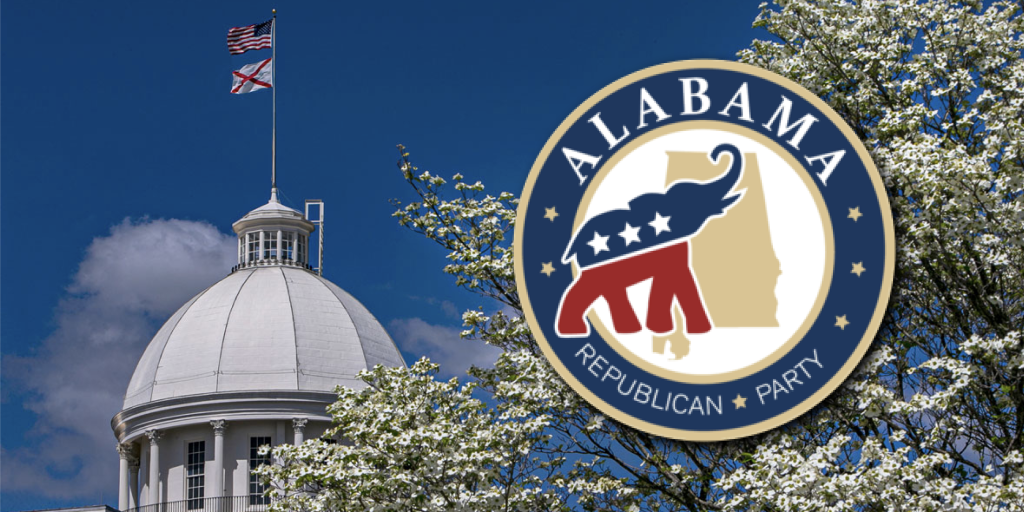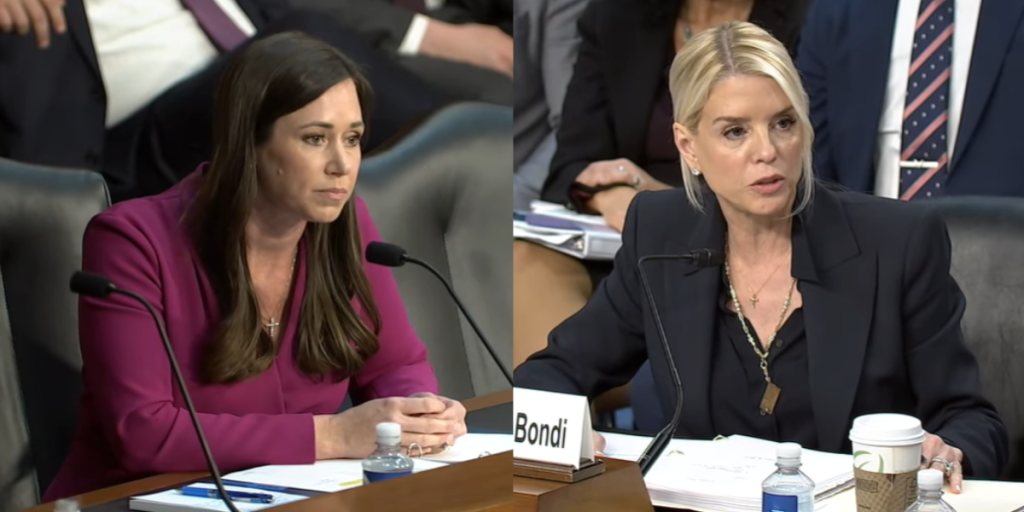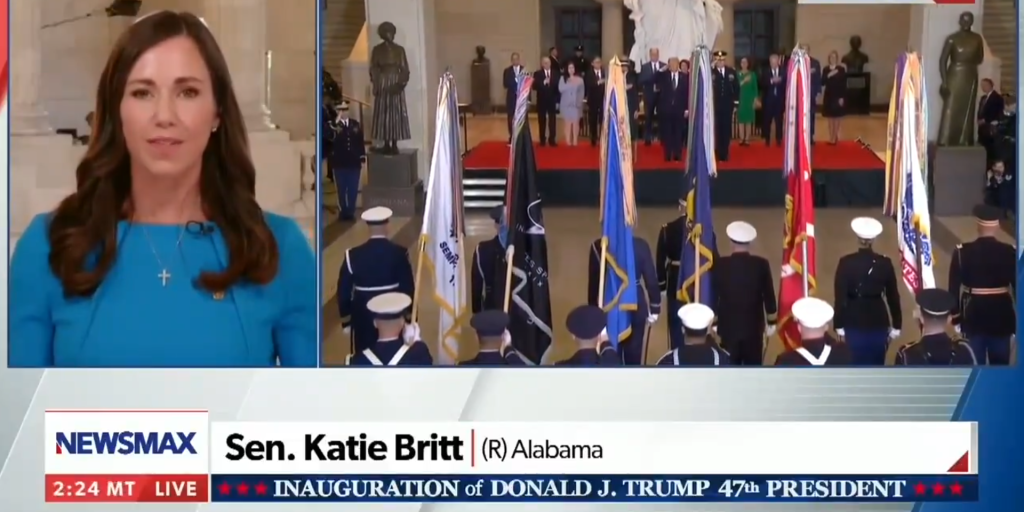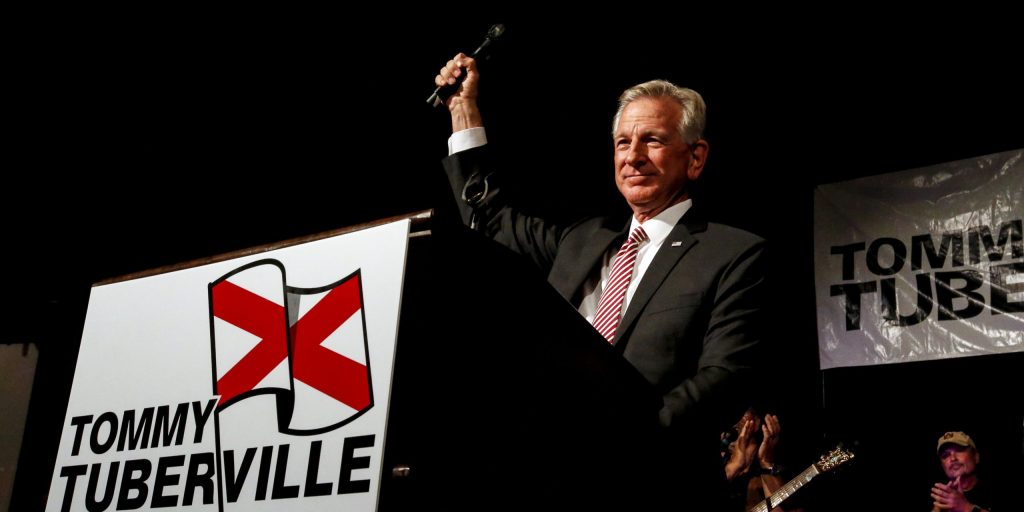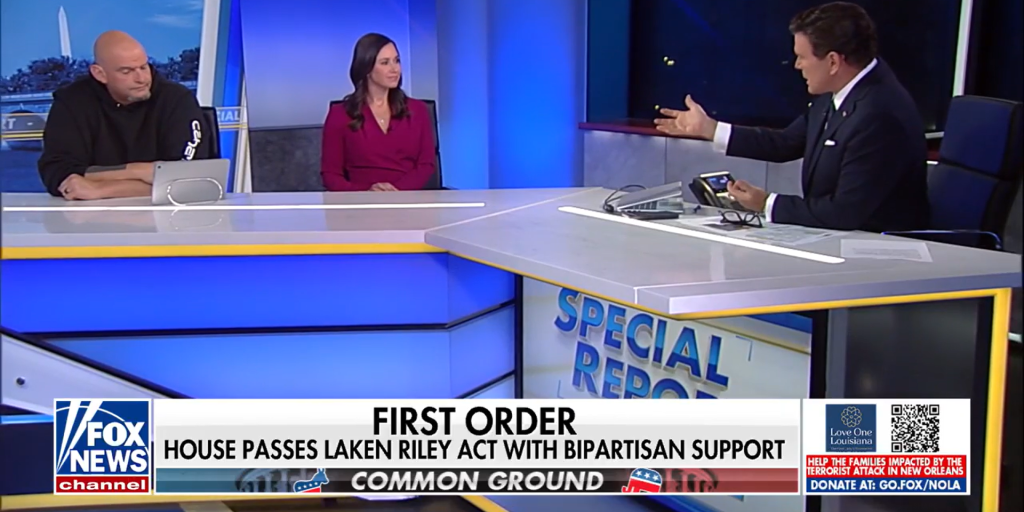
MONTGOMERY, Ala. — The Montgomery Advertiser over the weekend speculated that if Republicans in the Alabama legislature are unable to find consensus on a budget proposal, a smaller bloc of Republicans could break off and join with Democrats to pass a budget that includes Gov. Robert Bentley’s tax increases.
“Republicans dominate both chambers of the Legislature, but budget proponents would need less than half of the GOP members in either chamber to move budget and revenue proposals if Democrats and independents are on board,” the Montgomery Advertiser article says.
Here are the numbers: In the Alabama House, 30 Republican members would need to join with all 33 of the Democrats. In the Senate that number is 13.
Several Republicans Yellowhammer spoke with Monday said the chances of 43 of them siding with Democrats are slim to none. But as pressure to pass a budget mounts, it is at least worth watching how things unfold behind the scenes.
The Hastert Rule
The Hastert Rule, otherwise known as the “majority of the majority” rule, is an informal rule in the U.S. congress that limits bills being considered to those that have the support of more than half of the majority party.
It has been broadly followed by both Republican and Democratic House Speakers in Congress since the 1990s, but has recently become less often observed by U.S. House Speaker John Boehner.
Speaker Boehner has violated the rule multiple times in the last several years to pass high profile spending bills, including the controversial DHS funding bill in March, which only received 75 GOP votes, and the debt ceiling fight last February in which a measly 28 Republicans joined every Democrat to pass the bill.
Back in the Alabama legislature, such a rule would have seemed out of the question to Democrats leading up to Republicans taking control in 2010. When Former Democratic Speaker of the House (now Bentley chief of staff) Seth Hammett ruled the chamber, the fractious Democratic caucus would occasionally break along racial lines, compelling Hammett to cobble together a coalition of white House Democrats and the Republican minority to get things done.
Since 2010, the Republican supermajorities in both chambers have been so strong that there has never been a need for them to coax Democrats into an uncomfortable alliance.
Neither House Speaker Mike Hubbard nor Senate President Pro Tem Del Marsh has signaled a desire to raise taxes, leaving no indication that a Hastert-rule-breaking coalition would ever even be a consideration.
In other words, in spite of the Montgomery Advertiser’s speculation, the idea of Republican legislative leaders abandoning the majority of their caucus to partner with Democrats on a budget is, to say the least, far-fetched.
Are we heading to a special session?
Speaker Hubbard remains adamant that the House will focus first on “right-sizing” Alabama’s state government before any tax increases are considered.
“We’ll have [a budget] done before the end of the 30 legislative days,” Hubbard said Thursday. “Whether the governor signs it, or whether it’s an override, I can’t predict that. It’s way too early to pontificate about it.”
The legislature can override the governor’s veto with a simple majority, one of the Constitutional weaknesses of Alabama’s chief executive. In one notable example, the Legislature overwhelmingly overrode the governor’s veto of the Accountability Act, the GOP’s landmark school choice bill, in 2013.
In the Montgomery Advertiser article, House Minority Leader Craig Ford (D-Gadsden) was quoted as saying he “did not have faith in the [legislative] leadership” to pass a general fund budget before the end of the session in June.
The Governor has said he is willing to call multiple special sessions to pass an “acceptable” budget, and has also signaled that he will veto any budget passed by the legislature that he thinks does not adequately funds the state’s functions, or relies too heavily on cuts instead of tax increases.
Even if the legislature passes a budget—which is mandated to be balanced by Alabama’s constitution—it is not outside the realm of possibility that Gov. Bentley would still call a special session to urge them reconsider tax increases. The Legislative Fiscal Office estimates that each special session would cost the taxpayers roughly $100,000.
Where does the budget stand today?
The eight bills comprising Gov. Bentley’s $541 million have not gained much traction to this point.
Earlier this month the legislature’s general fund budget committees introduced bare-bones budgets that would implement an approximate 11.5 percent across the board cut to the general fund. A second general fund budget with even greater cuts is circulating this week.
“We’ve got so many competing interests right now, with the education budget passing and the different bills the different legislative members have, [the General Fund] just needs to be out there by itself,” House General Fund Budget Chairman Steve Clouse said Thursday. “It’s such a monumental task.”
Like this article? Hate it? Follow me and let me know how you feel on Twitter!
— Elizabeth BeShears (@LizEBeesh) January 21, 2015




